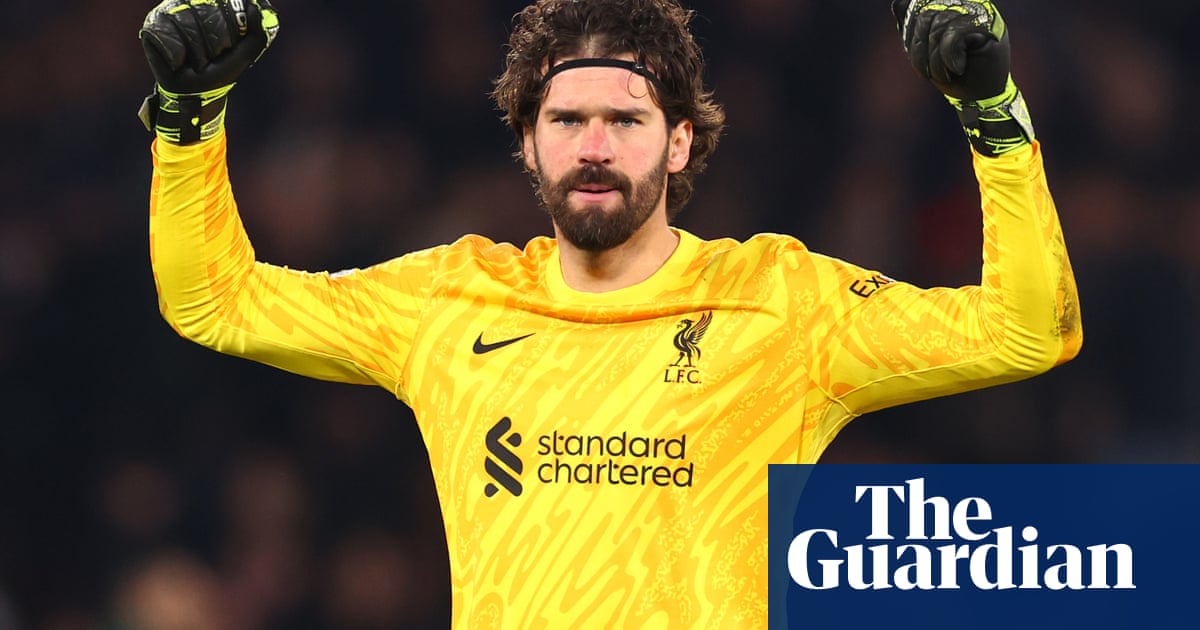OpenAI is facing fresh scrutiny over its AI training practices. A recently published paper from the AI Disclosures Project claims that OpenAI may have used copyrighted material without permission, particularly from nonpublic books. This has raised concerns about the ethical use of copyrighted content in training AI models.
AI models, like those from OpenAI, learn from vast amounts of data. They analyze patterns in text, images, and other media to generate content. For instance, when ChatGPT writes about a story or mimics an art style, it draws from its training data rather than creating something entirely original. This reliance on existing material poses questions about copyright and data ownership.
The paper, co-authored by Tim O’Reilly, an influential figure in the tech and publishing world, scrutinizes OpenAI’s most advanced model, GPT-4o. It suggests that GPT-4o may have been trained using content from O’Reilly Media, despite the lack of a licensing agreement. In contrast, the earlier model, GPT-3.5 Turbo, showed less recognition of copyrighted material.
Using a method called DE-COP, the authors tested whether the AI could tell apart human-written content from its own generated text. They analyzed 13,962 paragraph excerpts from O’Reilly’s publications and found GPT-4o had a much higher likelihood of recognizing paywalled material. They speculated that the model might have prior knowledge of many nonpublic O’Reilly books published before the model’s training cutoff.
However, the authors are careful to point out that their findings are not definitive proof. They acknowledge that OpenAI might have trained its models using content that users provided when interacting with ChatGPT.
OpenAI has long sought high-quality training data. In a recent trend, the company has even hired journalists and experts to improve the training process. While OpenAI does have some licensing agreements with various content providers, critics argue that using copyrighted material without consent could still lead to significant legal challenges.
According to a survey conducted by the American Bar Association in 2023, nearly 60% of legal experts believe that the current copyright laws are insufficient to address the challenges posed by AI technology. This sentiment reflects broader concerns in the tech community about how these laws need to evolve to protect intellectual property rights in an age of rapid technological advancement.
As OpenAI navigates these allegations and the growing scrutiny from various legal fronts, the implications of its training practices remain a hot topic. How AI models utilize existing content could reshape the landscape of digital rights and copyright law.
For further insights on the challenges of AI and copyright, you can check resources like the American Bar Association’s report for more information.
Source link
copyright,OpenAI










